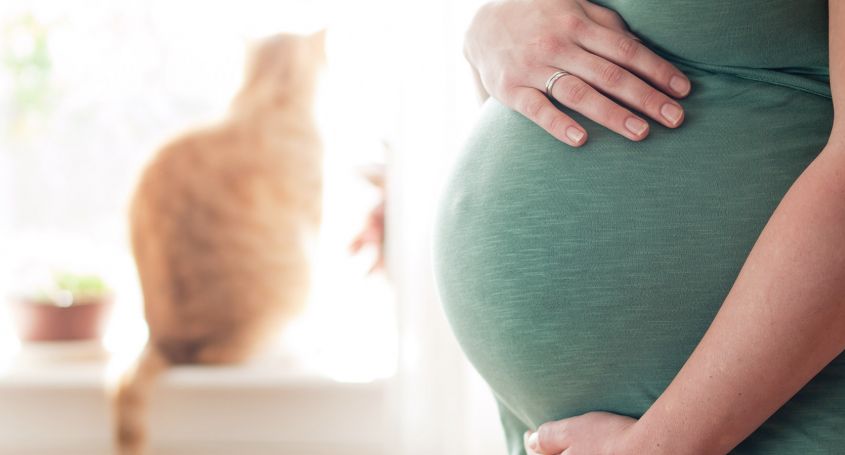When is this study necessary?
This study is recommended if you and your partner have been trying to conceive for a year without any positive results, your gynecologist will most likely refer you to a fertility specialist to diagnose if there are any infertility problems.
Which data is analyzed in a basic fertility study?
A basic fertility study analyzes both the female and male factors. For women, it is recommended to evaluate ovulation, the condition of the ovarian reserve and the permeability of the fallopian tubes. For men, the first data that is analyzed is the number and mobility of sperm.
What kind of tests could I undergo to assess my case?
The recommended tests are:
Complete analytics
To evaluate ovulation, levels of FSH (Follicle Stimulating Hormone), estradiol, LH, and progesterone. In case we would like to assess the ovarian response, we will need to analyze the Anti-Müllerian hormone.
Thyroid function studies are recommended when thyroid disease is suspected, for women who suffer menstrual disorders, or women who don’t ovulate.
A blood test, from both partners, can analyze the karyotype and rule out chromosomal abnormalities associated with infertility or infertility.
Vaginal ultrasound
To check the morphology of the vagina and uterus, the presence of polyps or cysts. The scan also enables us to count antral follicles from both ovaries.
Hysterosalpingography
Hysterosalpingography allows us to check the condition and permeability level of the fallopian tubes and uterus to rule out abnormalities in the fertilization process.
Spermogram
To analyze both spermatozoids quantity and mobility (morphology has less value).















